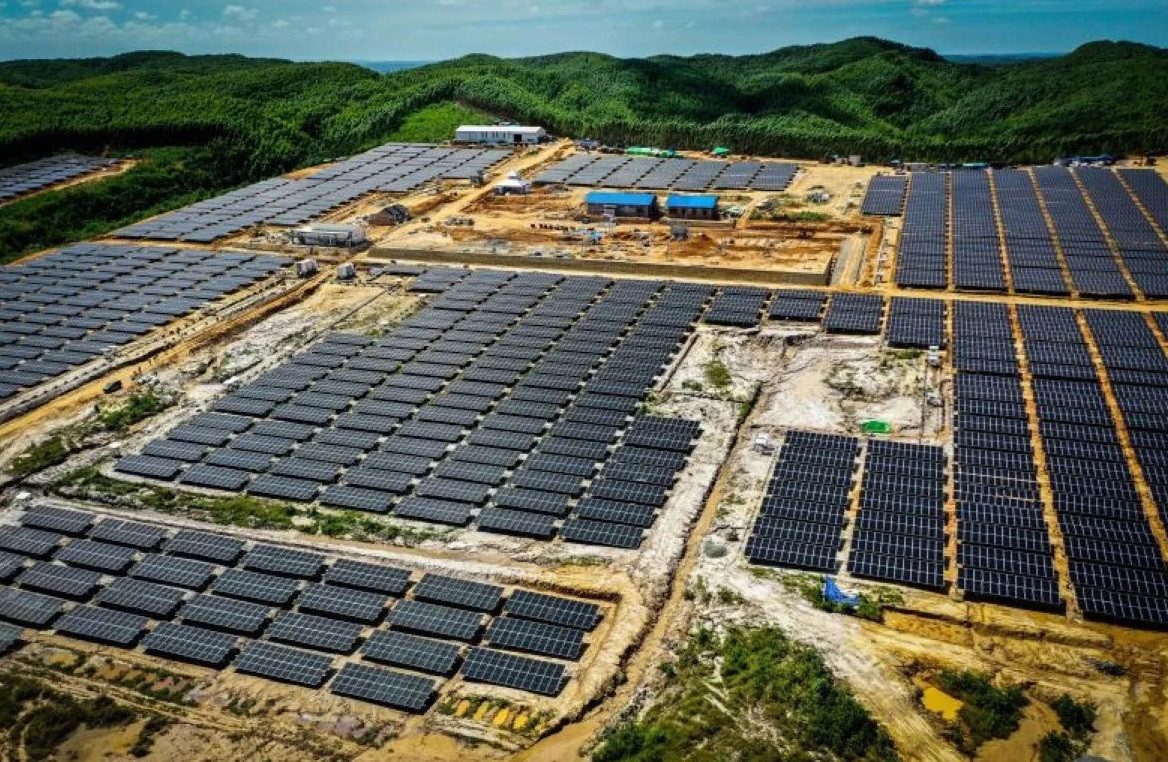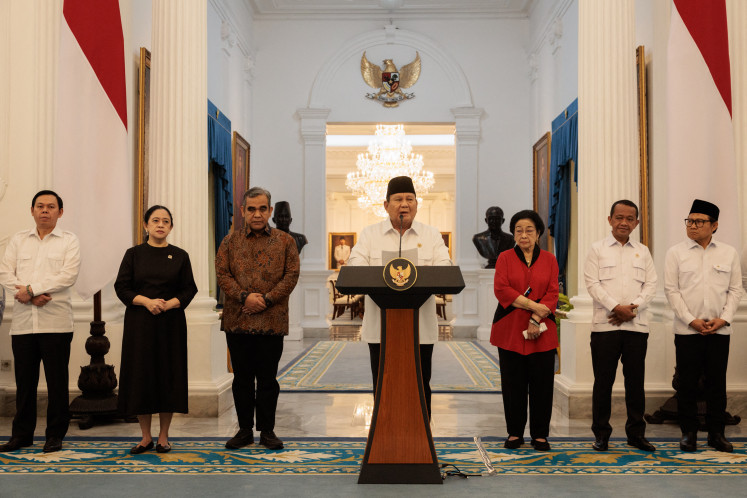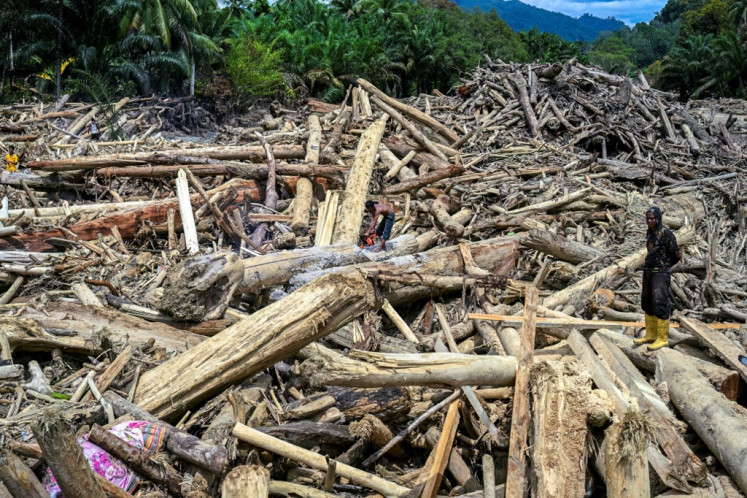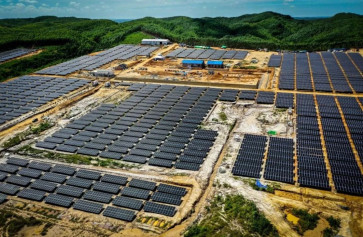Popular Reads
Top Results
Can't find what you're looking for?
View all search resultsPopular Reads
Top Results
Can't find what you're looking for?
View all search resultsSustainable and just transition a must in ASEAN climate action
Proposing coal as a transition fuel in the ASEAN energy system may send mixed signals on the renewable energy investment climate in the region, which may discourage investment in renewable energy development.
Change text size
Gift Premium Articles
to Anyone
T
he ASEAN Centre for Energy (ACE) has just released a report that shows coal will remain an important source of energy in Southeast Asia. But it ignores the fact that the region needs to move away from its reliance on fossil fuels to meet the climate goal of limiting the temperature rise to 1.5 degrees Celsius.
Relying on coal in the energy transition also contradicts the findings of the First Global Stocktake that the global community needs to phase out fossil fuels and triple renewable energy by 2030. Addiction to coal in the energy system will also expose Southeast Asian countries to problems such as carbon lock-in, discourage investment in renewable energy and threaten the region's economic growth.
First, the problem of carbon lock-in can occur when fossil fuel technologies are used in the transition to low-carbon development, delaying the transition to near-zero or zero-emission alternatives. This situation may occur in ASEAN, as the current report suggests that the region should continue to use coal with its supporting technologies, such as clean coal technology, for its energy transition.
However, the use of this type of technology in the energy system has poor economic viability with shorter operational lifetimes. Furthermore, the use of this technology has the consequences of financial inefficiency and stranded assets as it hinders the transition to clean energy.
It is important for ASEAN to continue to develop its renewable energy for its energy and economy without relying on coal and other fossil fuels. It is technically possible for ASEAN to meet the Paris Agreement target of limiting the temperature rise 1.5 degrees, as outlined in the International Renewable Energy Agency (IRENA) and ACE study in 2022.
The study underscores that to meet the Paris Agreement target, the region needs to achieve 39 percent of installed renewable energy generation in 2030 and 90-100 percent in 2050. Prioritizing the development of renewable energy should therefore become one of the region's main agendas, rather than deploying other technologies that may trap the region in a carbon lock-in situation and hinder the region's ability to meet the Paris Agreement.
Second, the current ACE report also states that coal has more economic benefits due to its affordability and that the ASEAN taxonomy should evaluate coal phase-out as it does not correspond to the situation of the ASEAN member states. However, attracting investment to scale up renewable energy development is a challenge for the regional bloc’s members.



















